US Bitcoin ETFs 2025: How Institutional Adoption is Reshaping the Crypto Market
By CapitalKeeper | Regulation & Policy | Crypto Capital | Market Moves That Matter
Discover how US Bitcoin ETFs are driving institutional adoption in 2025. Learn about ETF inflows, investor trends, and their impact on Bitcoin’s price and market stability.
US Bitcoin ETFs: How Institutional Adoption is Changing the Market
Introduction
The crypto industry has long been waiting for institutional validation, and one of the biggest breakthroughs came with the approval and launch of US-listed Bitcoin Exchange-Traded Funds (ETFs). Once considered a distant dream, Bitcoin ETFs are now a reality, giving both retail and institutional investors a regulated vehicle to gain exposure to the world’s largest cryptocurrency without directly holding it.
In 2025, these ETFs have already begun transforming how Bitcoin is traded, perceived, and integrated into mainstream financial markets. Institutional inflows through ETFs are not just boosting liquidity but also changing the very dynamics of Bitcoin’s price discovery, volatility, and long-term adoption.
In this article, we’ll break down:
- What Bitcoin ETFs are and how they work.
- Why institutional adoption via ETFs is significant.
- The impact of ETF inflows on Bitcoin’s market structure.
- Key players in the US Bitcoin ETF landscape.
- Opportunities and risks for investors.
What is a Bitcoin ETF?
A Bitcoin ETF (Exchange-Traded Fund) is a financial product that allows investors to buy and sell Bitcoin exposure through traditional stock exchanges. Instead of managing private keys, crypto wallets, or navigating crypto exchanges, investors can purchase Bitcoin ETFs directly from their brokerage accounts, just like they would buy shares of Apple or Tesla.
Types of Bitcoin ETFs:
- Spot Bitcoin ETFs – These directly purchase and hold Bitcoin on behalf of investors. Each share represents a fraction of actual Bitcoin held in custody.
- Futures-based Bitcoin ETFs – Instead of holding Bitcoin, these ETFs invest in Bitcoin futures contracts, tracking Bitcoin’s price indirectly.
The US SEC’s approval of spot Bitcoin ETFs in 2024 was a turning point. After years of rejection due to concerns over market manipulation and investor protection, the greenlight signaled a maturing crypto industry.
Why Institutional Adoption Matters
For years, crypto markets were dominated by retail investors and a few crypto-native funds. Institutions remained cautious, citing regulatory uncertainty and lack of secure infrastructure. ETFs have changed that narrative.
Here’s why:
- Regulated Access: ETFs provide a familiar and compliant route for institutions like pension funds, insurance companies, and hedge funds.
- Custodial Security: ETFs are backed by regulated custodians, reducing counterparty risk.
- Liquidity Expansion: Institutions deploy large capital, which increases liquidity and stabilizes markets.
- Mainstream Legitimacy: Inclusion in retirement accounts and wealth management products gives Bitcoin broader acceptance.
In short, Bitcoin ETFs are bridging Wall Street with crypto, drawing in trillions of dollars of potential institutional capital.
ETF Inflows: Changing the Bitcoin Market
The most crucial metric to watch is ETF inflows—the net capital entering these funds. When investors buy ETF shares, the fund has to purchase an equivalent amount of Bitcoin in the spot market, directly increasing demand.
Key Impacts of ETF Inflows:
- Price Appreciation
Large inflows can act as a demand shock. For example, in the first three months after approval, US spot Bitcoin ETFs collectively saw billions in net inflows, fueling Bitcoin’s rally to new highs. - Reduced Volatility
Historically, crypto markets have been prone to sharp swings due to thin liquidity. Institutional inflows via ETFs add depth, making the market less vulnerable to manipulation and sudden price crashes. - Long-term Holding
Unlike retail traders chasing short-term gains, ETFs are often backed by institutional money with longer holding horizons. This creates a more stable demand base for Bitcoin. - Correlation with Traditional Assets
With ETFs integrated into portfolios, Bitcoin’s behavior increasingly correlates with equities and bonds, especially during risk-on/risk-off cycles. This changes how Bitcoin functions as a diversification tool.
Key Players in the US Bitcoin ETF Market
Several major asset managers now operate Bitcoin ETFs in the US. Some of the leading names include:
- BlackRock’s iShares Bitcoin Trust (IBIT) – The world’s largest asset manager has brought immense credibility to the space.
- Fidelity Wise Origin Bitcoin Fund – Leveraging Fidelity’s strong retail and institutional presence.
- Grayscale Bitcoin Trust (GBTC) Conversion – A long-standing Bitcoin investment vehicle successfully converted into an ETF, opening new liquidity.
- ARK Invest & 21Shares Bitcoin ETF – Cathie Wood’s ARK has positioned itself as a high-conviction player in digital assets.
These ETFs compete on management fees, liquidity, and institutional adoption. BlackRock’s entry, in particular, has been a watershed moment.
Benefits for Investors
Bitcoin ETFs offer several clear advantages:
- Accessibility: Investors don’t need crypto wallets, private keys, or exchange accounts.
- Regulatory Comfort: ETFs operate under SEC rules, giving investors more protection.
- Tax Efficiency: ETFs benefit from tax-advantaged structures, especially for long-term holders.
- Portfolio Diversification: Investors can add Bitcoin exposure without disrupting existing asset allocation frameworks.
Risks and Challenges
Despite the optimism, there are caveats investors must consider:
- Market Correlation – As ETFs integrate Bitcoin into mainstream portfolios, it may lose its “uncorrelated asset” status.
- Centralization of Custody – ETFs concentrate Bitcoin holdings in a few custodians, raising centralization concerns.
- Regulatory Shifts – Future US policy changes could impact the functioning or attractiveness of these products.
- Management Fees – While lower than before, ETF fees still eat into long-term returns compared to self-custody.
The Bigger Picture: Bitcoin’s Institutionalization
The arrival of Bitcoin ETFs signifies more than just another investment product. It represents the institutionalization of Bitcoin. Once viewed as a speculative digital asset on the fringes of finance, Bitcoin is now accessible in retirement funds, investment portfolios, and wealth management platforms.
This also accelerates mainstream crypto adoption:
- Banks are more open to offering crypto-related services.
- Regulators are pressured to create clearer frameworks.
- Other crypto-based ETFs (Ethereum, Solana, and multi-asset products) are likely to follow.
Conclusion
US Bitcoin ETFs have undeniably changed the trajectory of crypto adoption. By bringing Wall Street’s capital into Bitcoin, ETFs are reshaping its price dynamics, boosting legitimacy, and accelerating institutional involvement.
For investors, the rise of ETFs offers easier access, but it also comes with trade-offs—reduced decentralization, increased correlation with traditional markets, and reliance on regulated custodians.
Still, one thing is clear: Bitcoin ETFs have opened the floodgates for institutional adoption, ensuring that Bitcoin’s role in the global financial system will only grow stronger in the years ahead.
📌 For daily trade setups, technical learning, and smart investing tips, stay tuned to CapitalKeeper.in
📌 For more real-time updates, trade setups, and investment insights — follow us on [Telegram] and [WhatsApp Channel] subscribe to our newsletter!

Subscribe Now , Join Telegram the Crypto Capital Club, Get Free Crypto Updates
📌 Disclaimer
The content provided on CapitalKeeper.in is for informational and educational purposes only and does not constitute investment, trading, or financial advice. While we strive to present accurate and up-to-date market data and analysis, we make no warranties or representations regarding the completeness, reliability, or accuracy of the information.
Stock market investments are subject to market risks, and readers/investors are advised to conduct their own due diligence or consult a SEBI-registered financial advisor before making any investment decisions. CapitalKeeper and its authors are not liable for any loss or damage, direct or indirect, arising from the use of this information.
All views and opinions expressed are personal and do not reflect the official policy or position of any agency or organization. Past performance is not indicative of future results.By using this website, you agree to the terms of this disclaimer.
Ranjit Sahoo
Founder & Chief Editor – CapitalKeeper.in
Ranjit Sahoo is the visionary behind CapitalKeeper.in, a leading platform for real-time market insights, technical analysis, and investment strategies. With a strong focus on Nifty, Bank Nifty, sector trends, and commodities, she delivers in-depth research that helps traders and investors make informed decisions.
Passionate about financial literacy, Ranjit blends technical precision with market storytelling, ensuring even complex concepts are accessible to readers of all levels. Her work covers pre-market analysis, intraday strategies, thematic investing, and long-term portfolio trends.
When he’s not decoding charts, Ranjit enjoys exploring coastal getaways and keeping an eye on emerging business themes.
📌 Follow Ranjit on:
LinkedIn | Twitter/X | Instagram | ✉️ contact@capitalkeeper.in
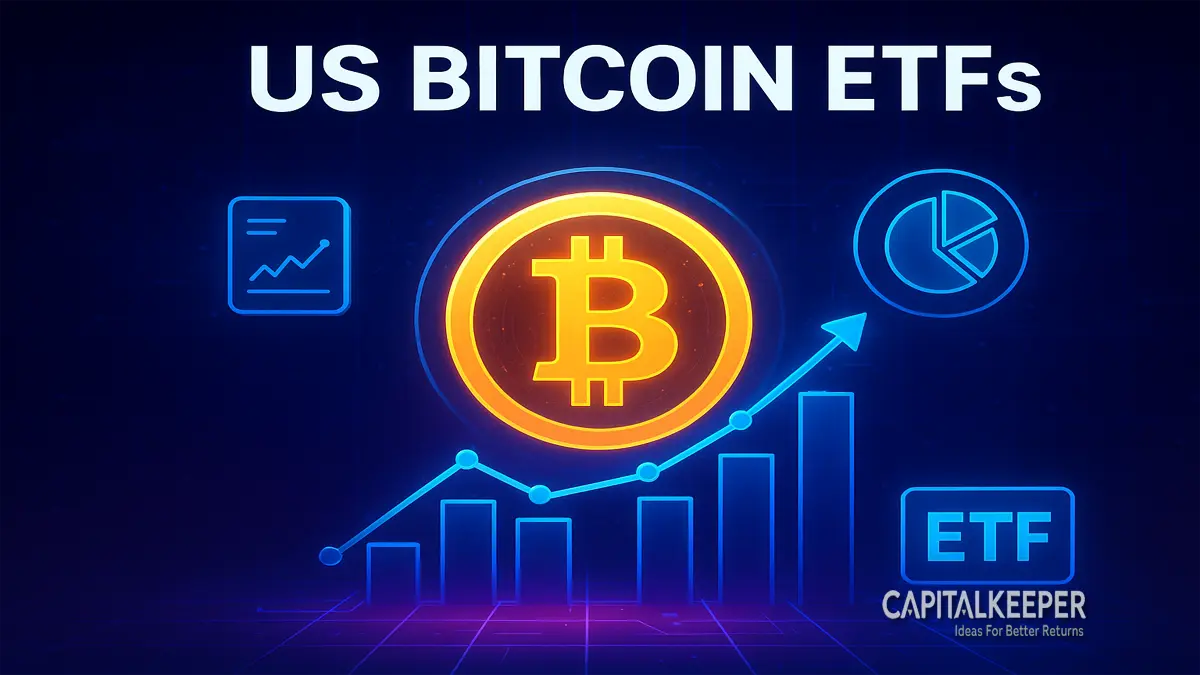



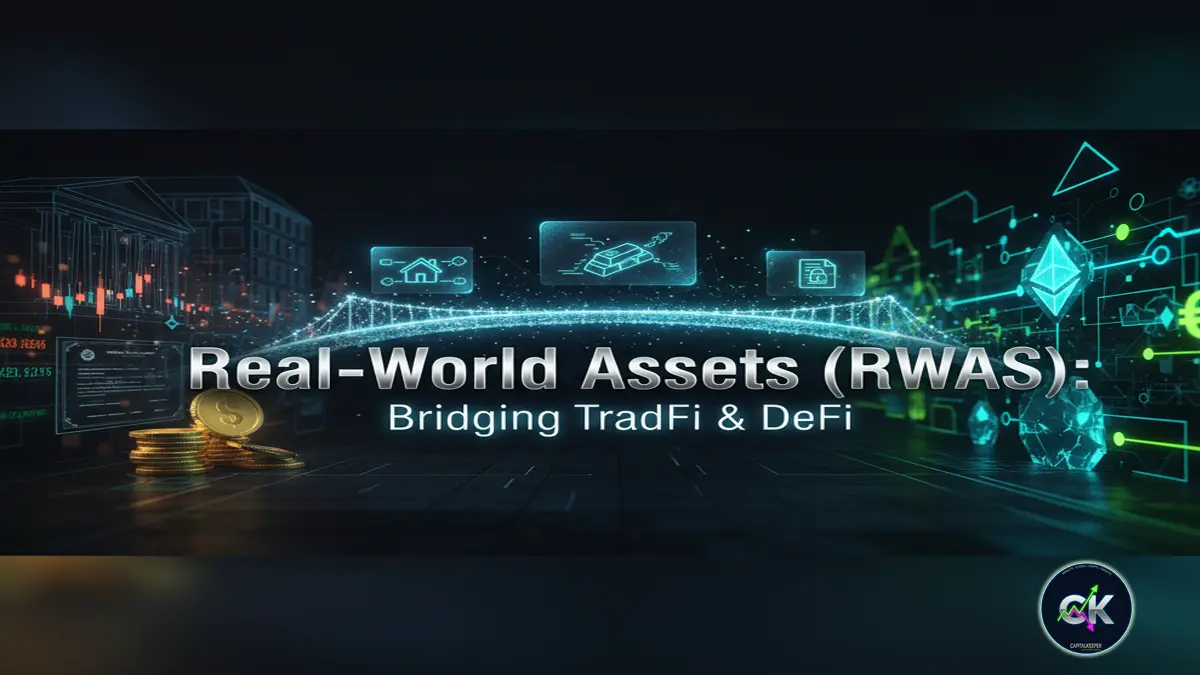

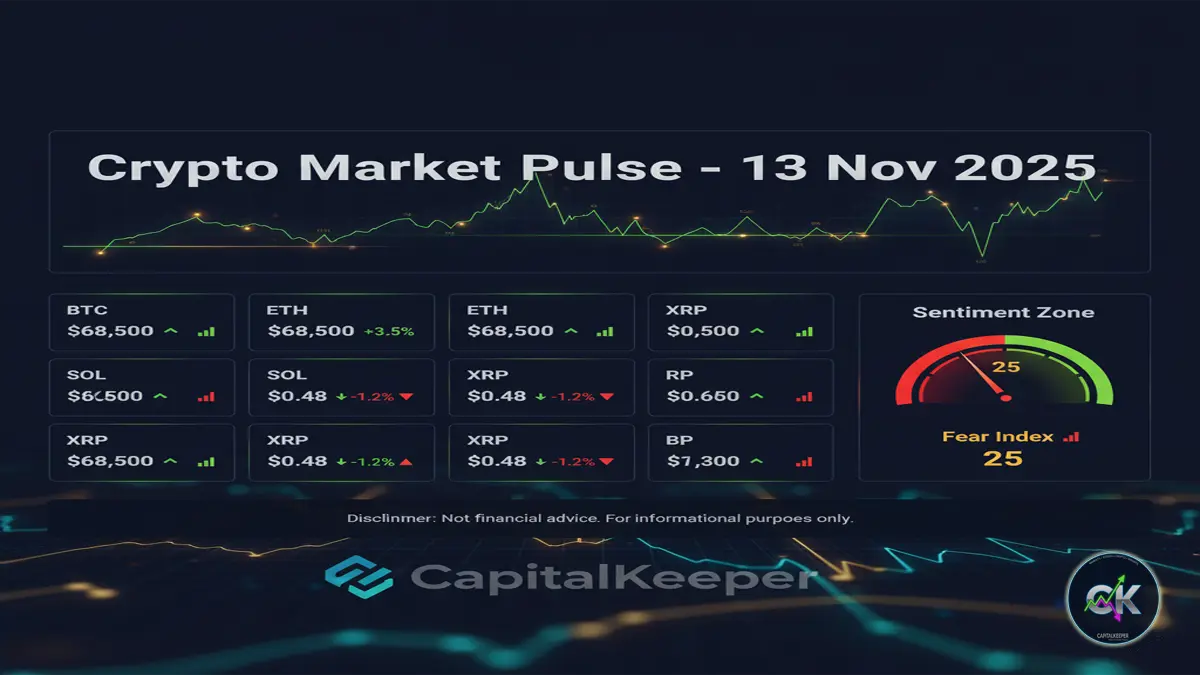
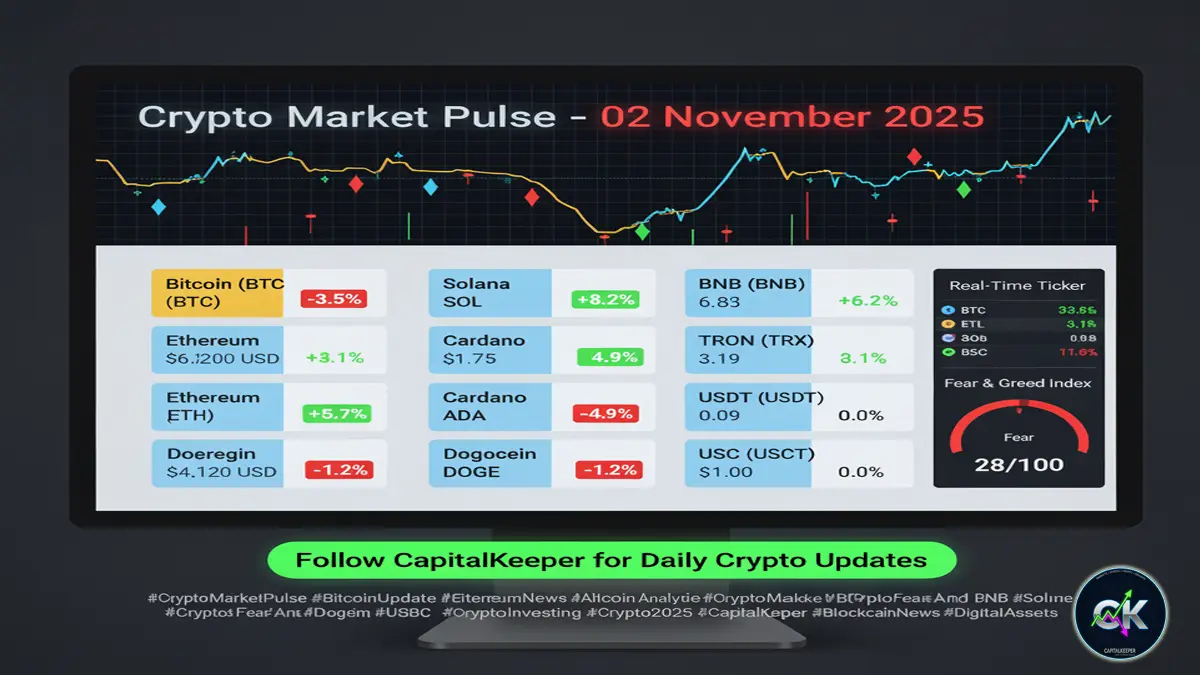
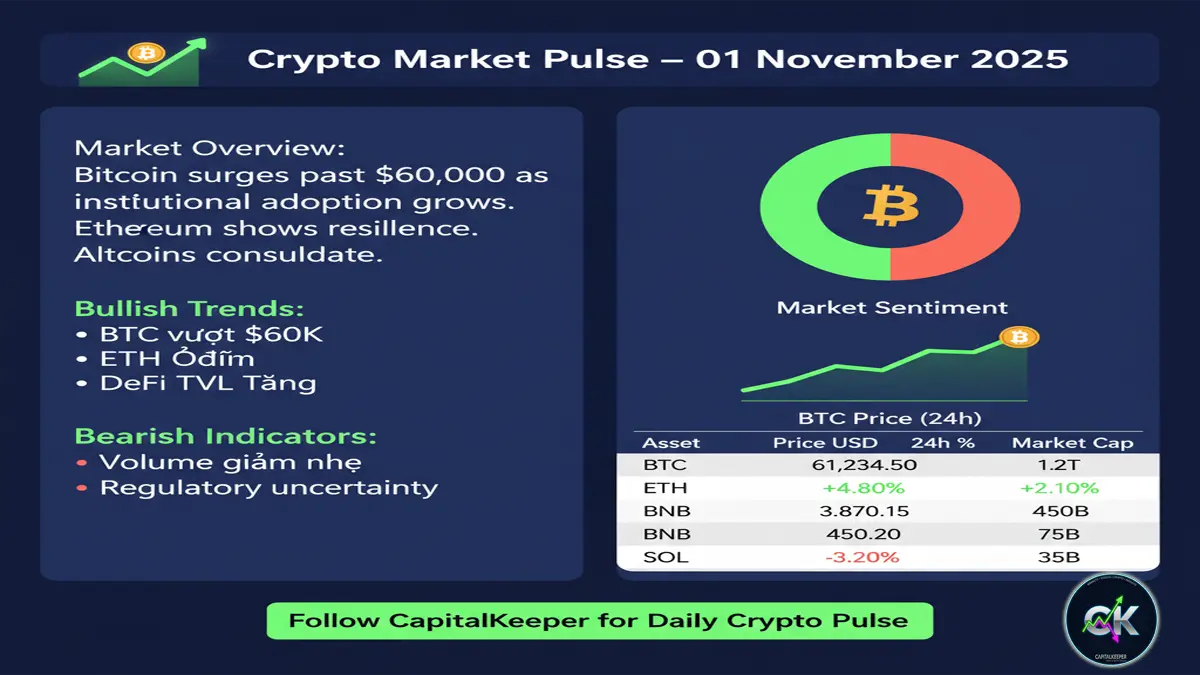

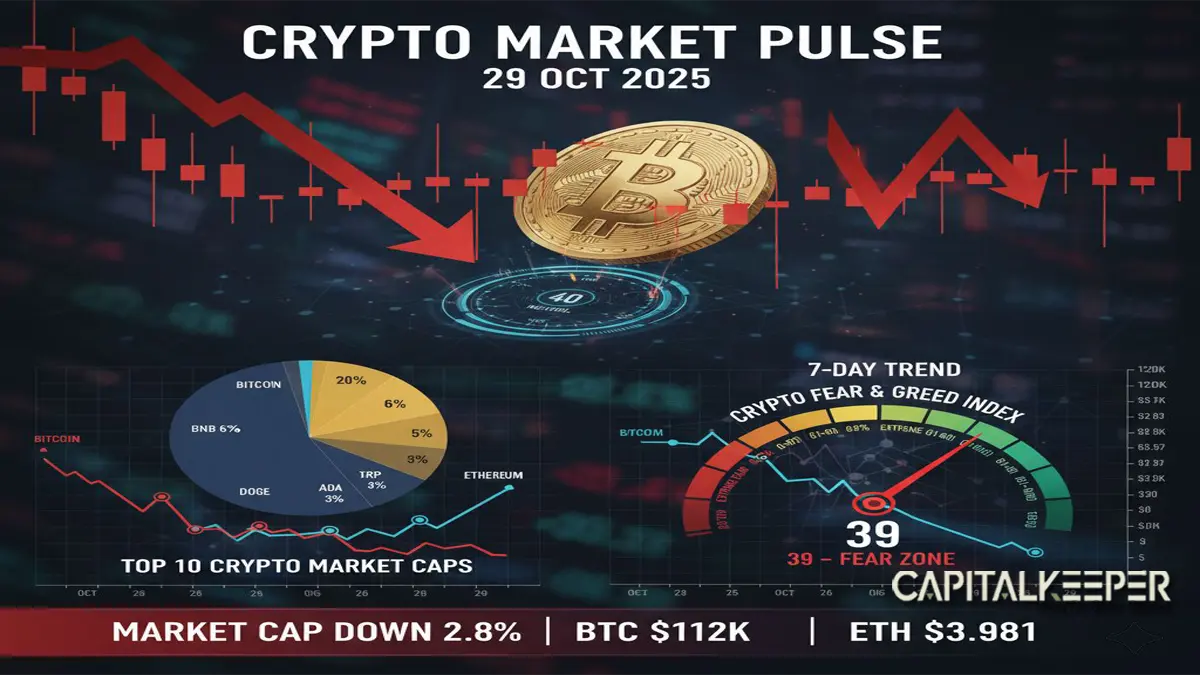





Leave a Reply